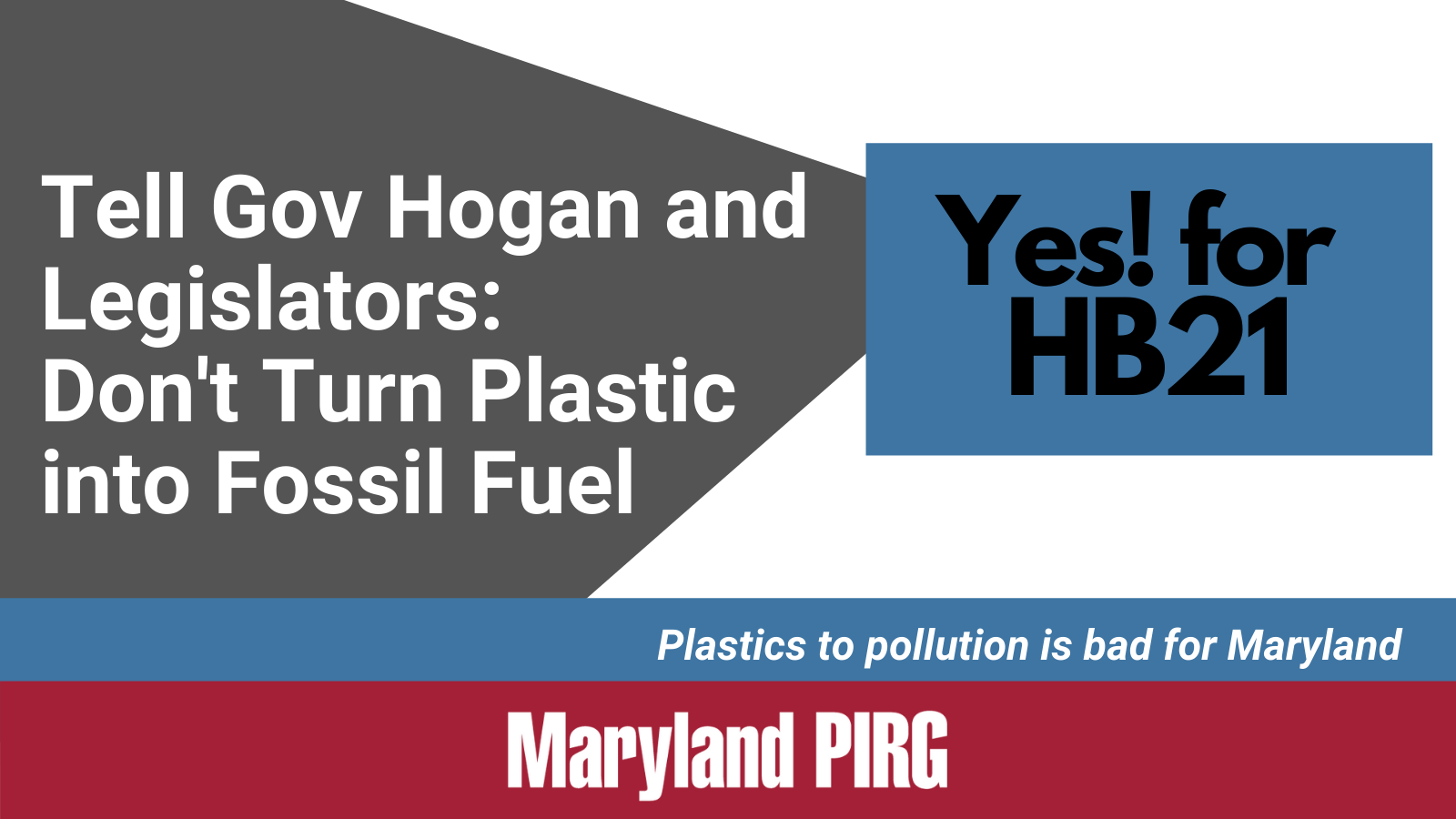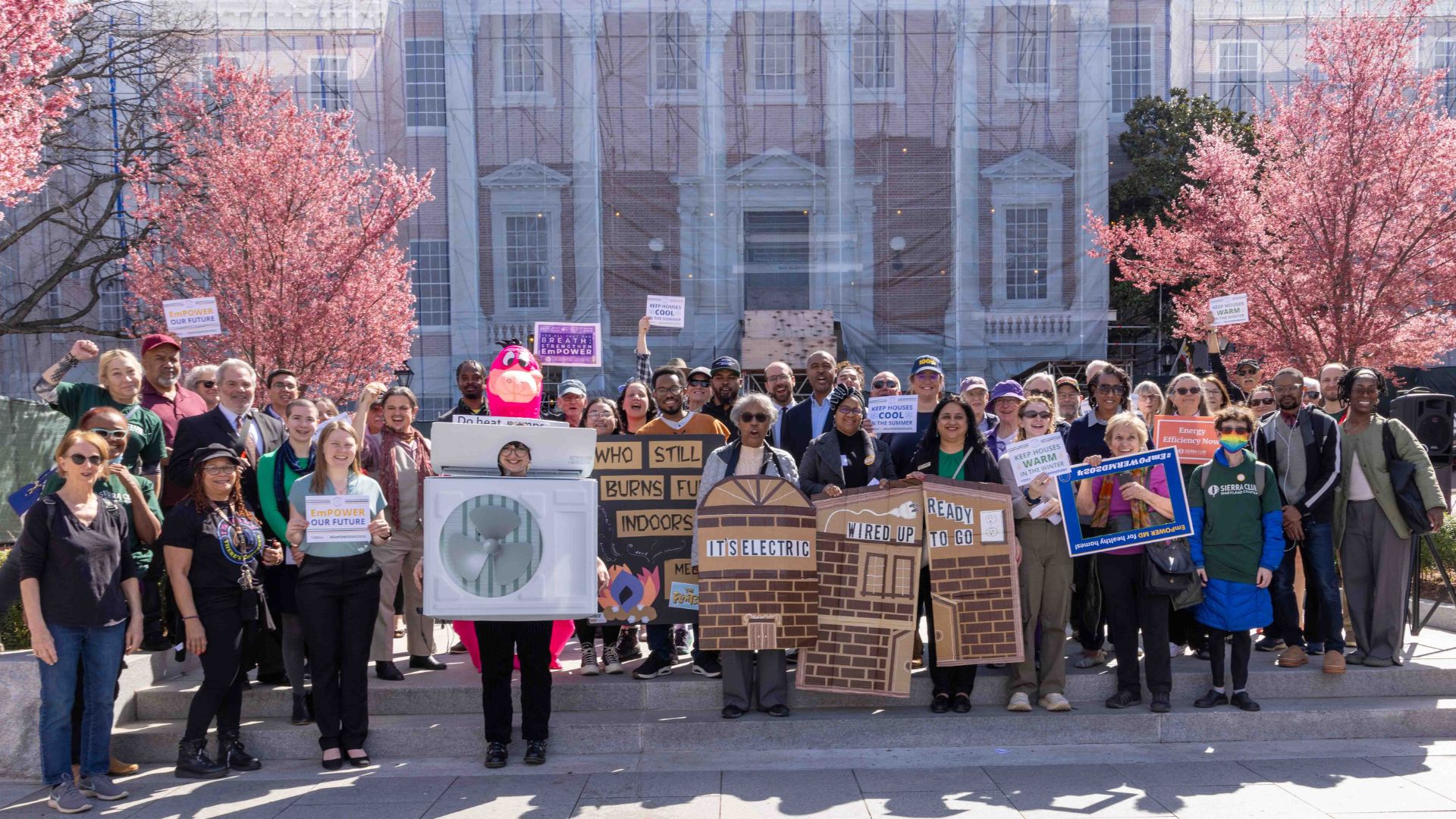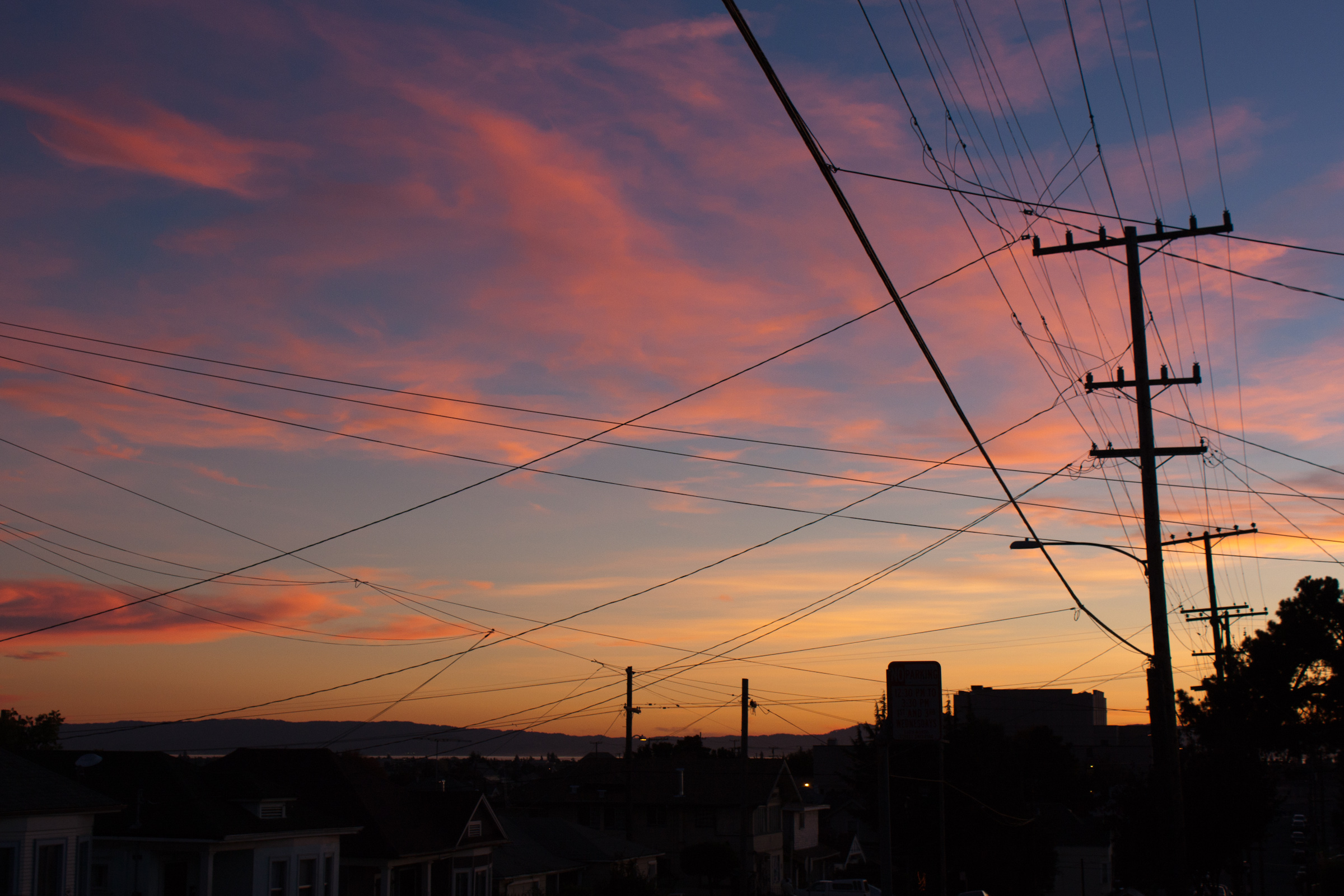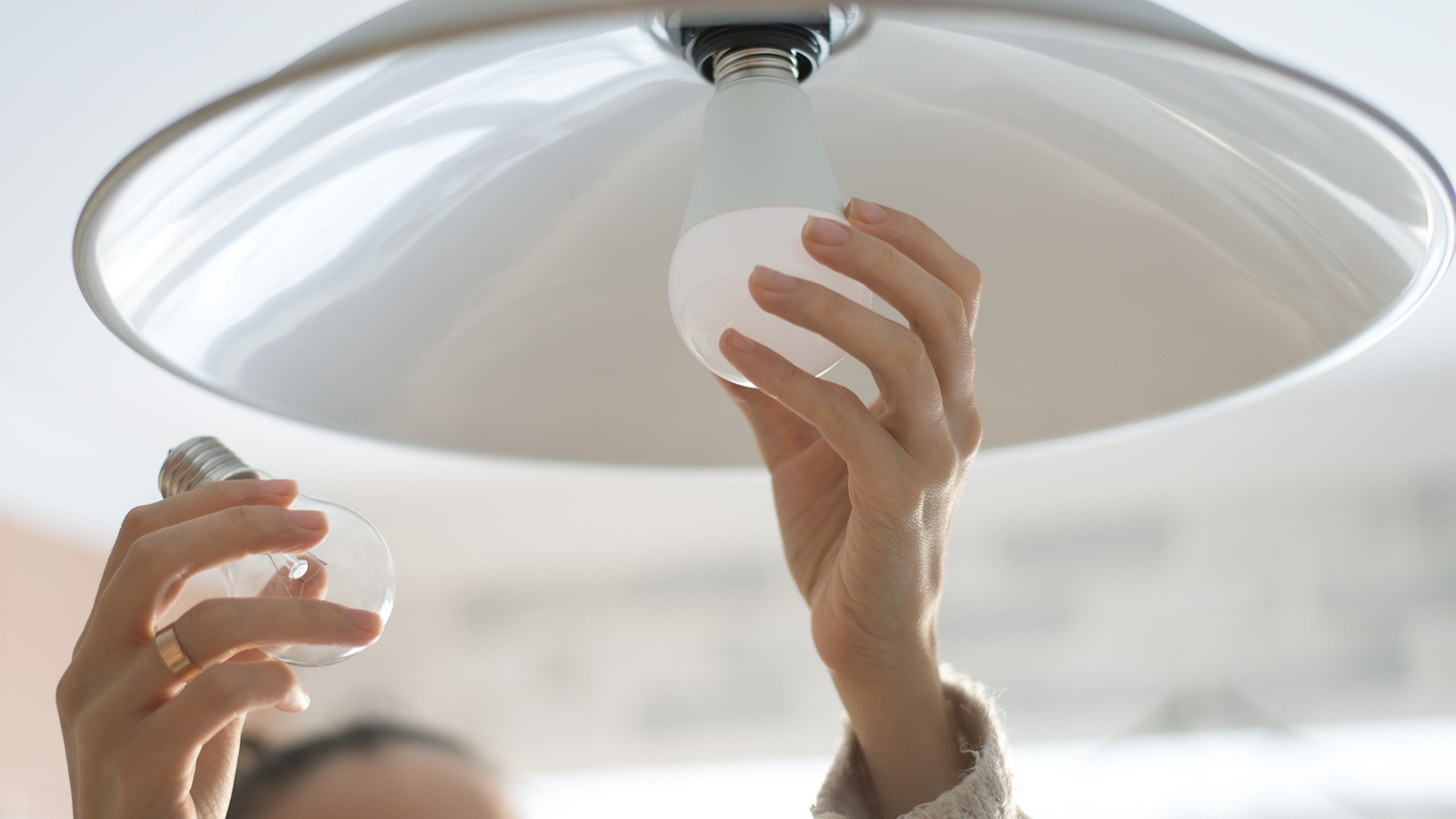
Plastics to Pollution is Bad for Maryland
The chemical industry is pushing a new dirty energy in Maryland: converting plastic waste into fossil fuels.

The chemical industry is pushing a new dirty energy in Maryland: converting plastic waste into fossil fuels.
This summer our advocates started to hear the industry talking up a “new solution” to our plastic crisis. The chemical industry’s slickly branded “advanced recycling” or “chemical recycling” is pretty simple: stripping plastic back to it’s petrochemical base and then burning it like any fossil fuel. It’s bad for the environment and public health and antithetical to our goals of stopping global warming and moving towards zero-waste.
We are facing a waste crisis, and plastic pollution is playing a huge role. That’s why we support reducing single use plastic all together. Creating a new form of dirty energy should be a non-starter for Marylanders.
The chemical industry has launched a national effort to convince politicians to reclassify recycling so that companies could take single-use plastics and turn them into fuels to be burned — just like dirty fossil fuels — but still be classified as “recycling” facilities. They’re also creating new, permanent infrastructure to convert this plastic waste into fuel.
Generating dirty energy from plastic waste is uneconomical at best, and at worst will create a demand for a never ending supply of “fuel.” It’s no solution to our growing plastic crisis. In fact, these processes may actually increase overall pollution, since they include an additional, energy-intensive step in the process to turn the plastics into fossil fuels before you even get to the stage of burning them.
The industries that profit off of the plastic pollution crisis will not be the ones to fix it. In reality, the industry has known since the 1970’s that recycling would never work, despite spending millions of dollars to convince Americans that recycling would be able to manage our plastic waste with no problem.
Maryland PIRG has worked with legislators across the state to ban single use plastics from bags to foam food packaging, and the plastics industry is on the ropes trying to maintain their market. Our best chance to prevent the conversion of plastic waste into fossil fuel pollution is to stop it before it starts. That’s why we’re supporting Del. Sara Love’s bill (HB21) to stop this infrastructure from taking hold in Maryland. We’ve joined a dozen environmental groups backing this smart legislation.
Tell Gov. Hogan: Don't turn plastic pollution into fossil fuels
The chemical industry is pushing a new dirty energy in Maryland and across the country: converting plastic waste into fossil fuels.
Topics
Authors
Emily Scarr
State Director, Maryland PIRG; Director, Stop Toxic PFAS Campaign, PIRG
Emily directs strategy, organizational development, research, communications and legislative advocacy for Maryland PIRG. Emily has helped win small donor public financing in Baltimore City, Baltimore County, Howard County, Montgomery County, and Prince George's County. She has played a key role in establishing new state laws to to protect public health by restricting the use of antibiotics on Maryland farms, require testing for lead in school drinking water and restrict the use of toxic flame retardant and PFAS chemicals. Emily also serves on the Executive Committees of the Maryland Fair Elections Coalition and the Maryland Campaign to Keep Antibiotics Working. Emily lives in Baltimore City with her husband, kids, and dog.
Find Out More

2024 Maryland Legislative Session: Wins and Losses

Electric and gas utilities spend millions on political influence in Maryland

The EmPOWER Maryland Energy Efficiency Act needs an update

